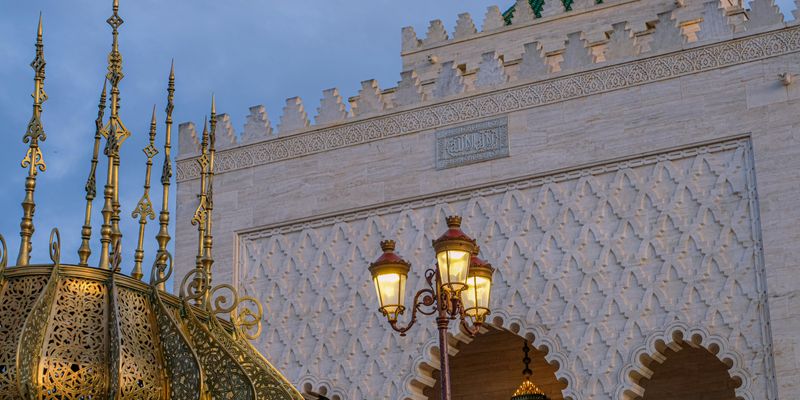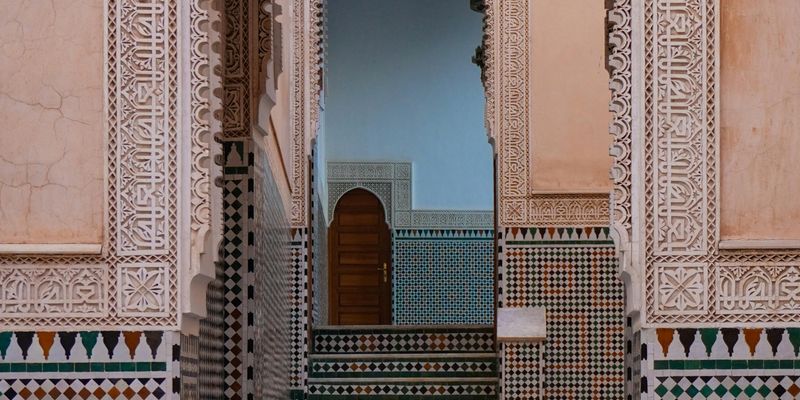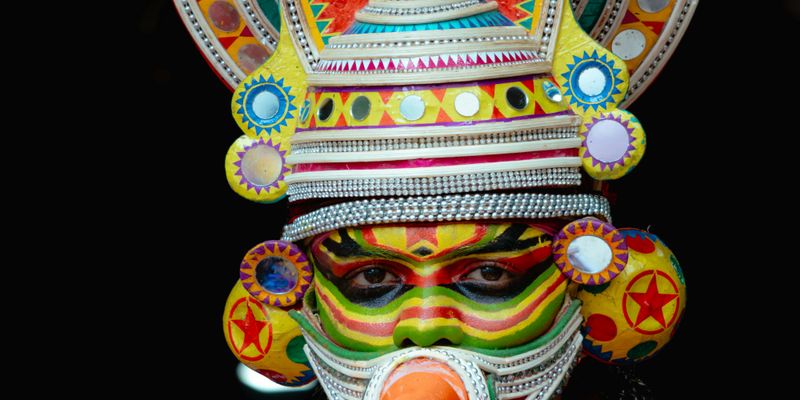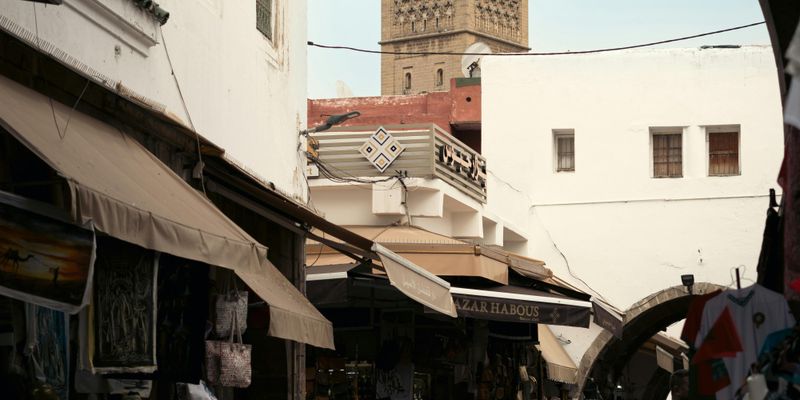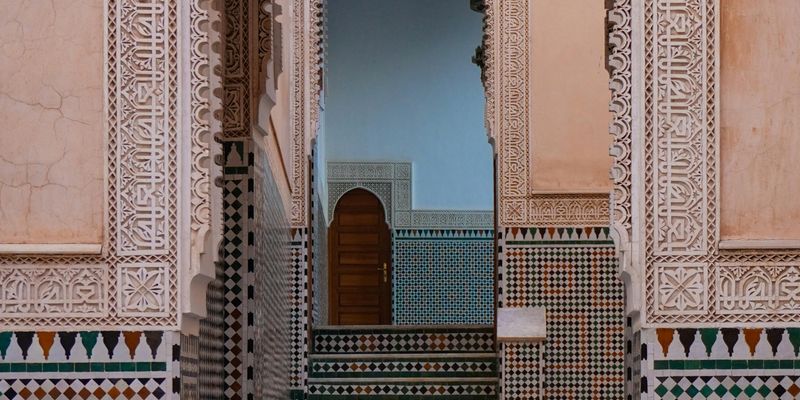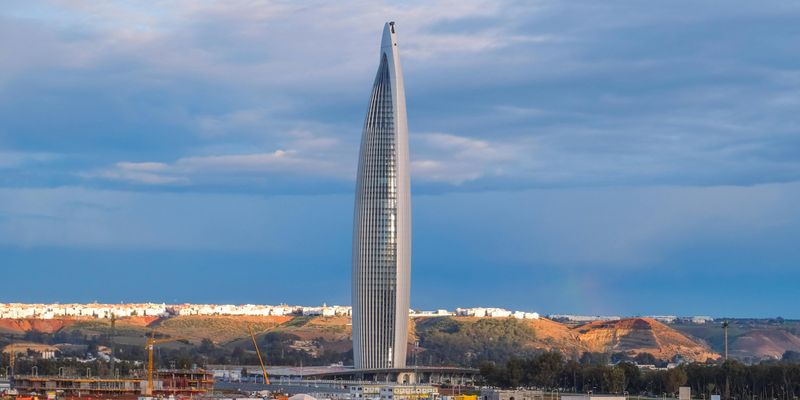
Welcome to a Flavorful Adventure
When you think of Morocco, what comes to mind? Perhaps the picturesque landscapes of the Sahara, the vibrant colors of the souks, or the intricate designs of traditional architecture. However, one of the most captivating aspects of Moroccan culture that you must experience is its cuisine. Moroccan food is more than just a meal; it’s a journey through a history of flavors, spices, and traditions that intertwine to create dishes that are utterly unforgettable.
The Spice Route: A Culinary Tale
Moroccan cuisine is a tapestry woven from the country’s diverse history. The myriad of spices used in our dishes—like cumin, cinnamon, ginger, and saffron—reflects centuries of trade routes that crossed through our land. This blending of cultures is most evident in our beloved dishes such as tagine (a slow-cooked stew named after the earthenware pot it's cooked in) and couscous (steamed semolina wheat served with vegetables and meat).
Tagine: A Taste of Tradition
No visit to Morocco is complete without savoring a tagine. Whether you prefer lamb with apricots, chicken with olives, or a vegetarian version brimming with seasonal vegetables, each dish is cooked to perfection over a wood fire, allowing the flavors to blend beautifully. Eating from a communal tagine also represents the Moroccan spirit of sharing—food is a way to connect with family and friends, and it’s often enjoyed over long, lazy conversations.
The Sweetness of Mint Tea
In Morocco, no meal is finished without a cup of mint tea, an integral part of our hospitality. This refreshing drink, made with green tea, mint leaves, and sugar, is a symbol of friendship and warmth. Watching the ritual of tea-making, where the tea is poured from a height to create a frothy top, is a mesmerizing spectacle that you won’t want to miss.
Traditional Markets: A Feast for the Senses
The best way to truly understand Moroccan cuisine is to visit a local souk (market). The bustling markets are filled with vibrant spices, fresh produce, and local delicacies. The aroma of freshly baked baklava (a pastry made of layers of filo filled with chopped nuts and honey) wafts through the air, tempting you at every turn. Engaging with local vendors and watching them prepare traditional dishes is a delightful way to immerse yourself in Moroccan culture.
More Than Just Food: A Cultural Experience
Moroccan cuisine is deeply tied to our culture, celebrations, and daily life. During holidays like Eid al-Fitr and weddings, extravagant feasts are prepared, symbolizing both abundance and gratitude. Meals are an opportunity to gather and celebrate, making each dish a story that brings generations together.
A Call to Taste
As you consider your journey to Morocco, remember that the flavors of our cuisine are waiting to be uncovered. From the street food stalls offering kefta (spiced meatballs) to upscale restaurants presenting innovative takes on traditional dishes, the culinary experiences in Morocco are as varied as its landscapes.
Conclusion
Moroccan cuisine is not to be rushed; it’s a culinary journey that invites you to savor each moment and each bite. So when you find yourself in this beautiful country, take time to explore the richness of our plates. Your taste buds will thank you, and you may just find that the flavors linger in your heart long after your visit ends.
Come, indulge your senses, and embark on a gastronomic adventure that you truly can’t miss!
